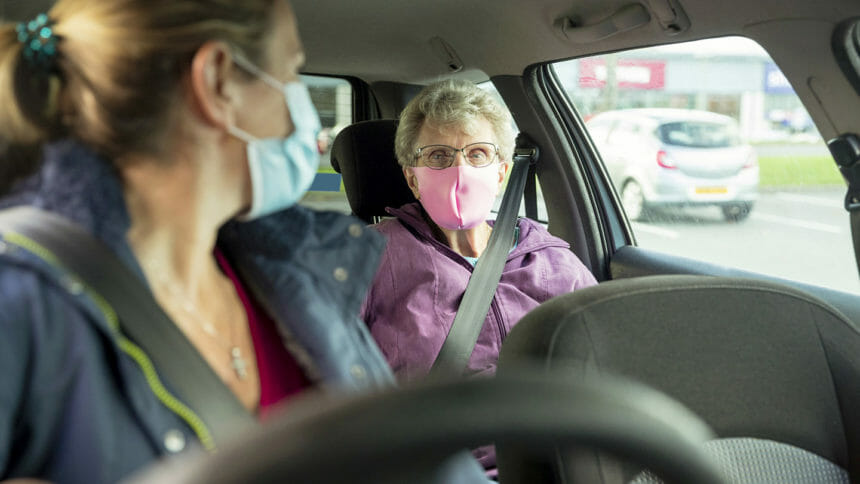
With the clock ticking in Washington on the passage of a $1.75 trillion social spending bill, Home Care Association of America Executive Director Vicki Hoak urged members Tuesday to lobby Congress for expanded home-and-community-based services that would put home-based care on an even playing field with facility-based skilled nursing.
“I was so excited to see that [provision in earlier legislation] because it meant that [HCBS] was an entitlement just like a nursing home,” Hoak told McNight’s Home Care Daily Pulse. “I don’t know if that is still in the bill. It was, but I can’t find out if it still is and I’m worried because that would be a big-ticket item.”
Hoak appeared Tuesday at the Illinois HCAOA annual conference in Lisle, IL, to update members on the reconciliation package before Congress and additional efforts underway in Washington to benefit the home care industry.
Hoak said it has been difficult getting details about what is included in the reconciliation package approved last month by House Democrats and the Biden administration. She said the $150 billion earmarked for HCBS is expected to fund increased reimbursement rates for state Medicaid programs that would go directly into the pockets of caregivers in the form of higher wages. However, Hoak isn’t sure if any of that money will fund worker education and training or other programs.
Family tax credit omission
Hoak said a $2,000 tax credit for family caregivers was left out of the reconciliation package altogether, but she is optimistic the tax credit could be included in a separate bill later.
““There are about 8 million people out there who are just above the Medicaid (threshold) and they’re paying for home care. Hoak said. “That upsets me a little because there is a tax credit for child care, which is great. There is also a tax credit if you buy an electric car.”
Staffing solutions
Separately, HCAOA is taking on the worker crisis through a new alliance with the National Association for Home Care & Hospice and the Partnership for Home-based Care. The Home Care Action Alliance will explore a variety of ways to recruit and retain caregivers. Additionally, HCAOA has joined LeadingAge and the American Health Care Association to lobby Congress for a 36-month temporary visa that would allow the home care industry to bring 85,000 foreign workers into the U.S. annually to work as caregivers. Hoak said the alliance is still in the process of finding bipartisan sponsors for an immigration reform bill.
“I think, given the elevated acknowledgement of home care, this is a good time to introduce this legislation,” Hoak said.
Hoak acknowledged the worker shortage is perhaps the biggest challenge now facing the home care industry. She was encouraged by October’s employment numbers, which saw the U.S. add 531,000 jobs. Still, Hoak believes agencies will need to increase wages in order to compete with other industries for workers and home care workers feel valued as much as other care providers.

